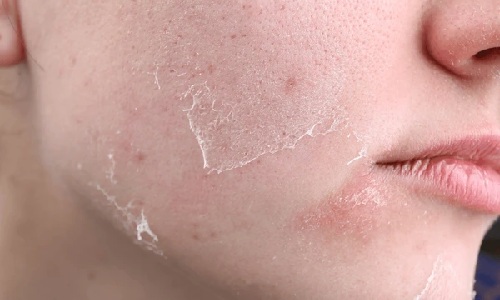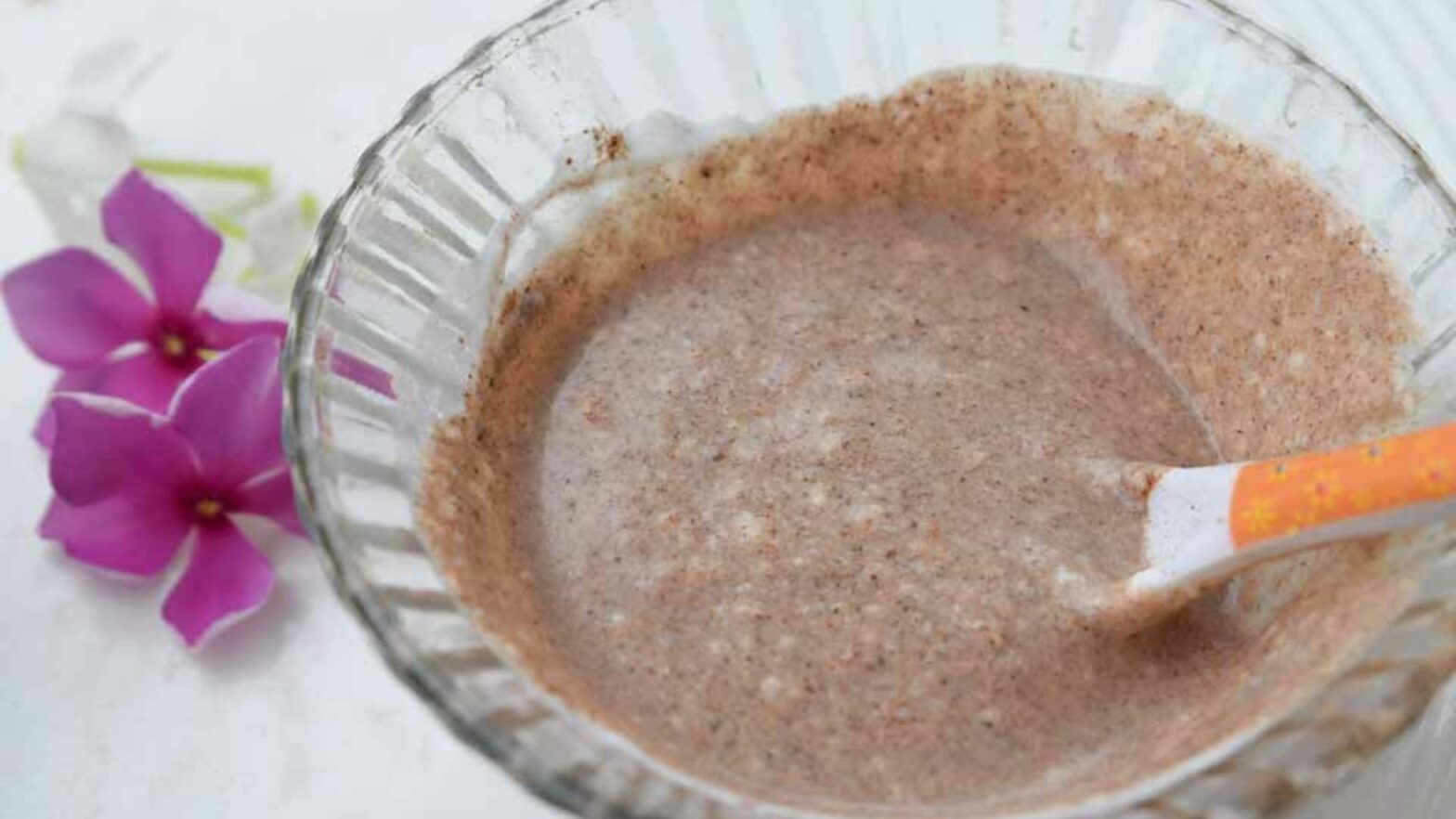Having dry skin is often a nightmare. Your skin loses its shine and vigour and sometimes, no remedy seems to work! But here’s the thing – Ayurveda has a treasure trove of solutions to help you bid goodbye to dry skin for good. Why Does Your Skin Turn Dry? Before we jump into remedies, let’s understand why your skin turns dry. Most dry skin diseases are chronic and fall under the category of Kushta. According to Ayurveda, the primary imbalance causing dryness is the Vata Dosha, which governs movement and dryness in the body. When Vata is aggravated, it sucks the moisture right out of your skin. Add to this cold weather during winters, harsh soaps and dehydration, and you end up with flaky, itchy skin. However, if it is associated with itching, it could be a result of Kapha imbalance. And if it is associated with redness, it is a result of Pitta imbalance. Another reason for dry skin that Ayurveda can’t let you ignore is your gut health. According to Ayurveda, poor gut health is the main cause of all diseases and that includes dry skin. Natural Remedies for Dry Skin The principal treatment for dry skin is nourishment. Here are some remedies that can help: Ayurvedic oil massage for dry skin The first and most effective remedy for dry skin is Abhyanga or self-massage with oil. The best oil that you can use for dry skin is organic black sesame oil. It is deeply nourishing and helps to lock in moisture. Avoid using coconut oil as it is drying in nature. If you still doubt, apply coconut oil to your skin and you’ll see that your skin is more dry the next day. You can do Abhyanga within the comforts of your home. Gut Health for Good Skin According to Ayurveda, external moisturizers only provide temporary relief, often leaving your skin drier in the long run. Instead, to truly hydrate and nourish your skin, you need to treat your gut and balance your Dosha from within. Vata, the primary cause of dry skin, is located in the large intestine in our body. Ayurveda also says that the large intestine is linked to our brain. So if you have a Vata mind getting so many thoughts, it will also result in constipation and hence more dryness. So, the best thing you can do here is to avoid constipation. Make sure to have daily bowel movements to keep your gut healthy. If you feel constipated, work on your gut first before switching to any skincare method. Or, else it will not work! Also, consult a qualified Ayurvedic doctor to keep your Doshas and gut health in balance. Ayurvedic moisturizer for dry skin Shata Dhouta Ghrita (SDG) or ghee cream is the ultimate moisturizer you need, especially during winters. It is made by washing pure cow’s ghee a hundred times with water. SDG penetrates deep into the skin layers, soothing dryness, reducing inflammation, and leaving your skin soft and radiant. Whether it’s for dry patches, sensitive skin, or even fine lines, this age-old remedy works wonders. The good news is you can make this cream at home using only two ingredients- pure cow ghee and water. Ayurvedic Tips for Soft and Supple Skin Here are some bonus tips to keep your skin nourished and healthy: Have warm showers: Avoid hot showers. They strip your skin of natural oils. Add a few drops of sesame oil to the warm water and take a bath. Avoid harsh cleansers: Avoid harsh soaps and switch to herbal powders to wash off excess oil on your body while showering. Moisturize damp skin: Apply oil on your body when your skin is slightly damp to lock in moisture. Oils nourish your skin more effectively than any cream-based moisturizer. Humidify your home: Use a humidifier to combat dryness in the air. Homemade face packs: If you have extreme dryness on your face, you can also use homemade face packs with avocado, honey, banana and turmeric. Ayurvedic Medicines for Dryness There are two medicines that I prescribe to my patients dealing with dry skin. All medicines I prescribe are individualized. It means that these are based on the patient’s Prakriti, Doshas, and other health concerns. Both of these are in ghee form. When you consume any medicine in ghee form, make sure that your digestion is proper. Once your digestive fire is at the optimum level, you are ready to consume the ghee-based medicines. Here are these two medications: Mahathikthakam Ghritam Panchatiktam Ghritam If you have good digestion and do not have any digestive disorders like gas, bloating, heartburn, constipation, and loose motions, you can consume these after dinner followed by a warm glass of water. If you have digestive issues or a Kapha-aggravated body with diabetes, PCOS, obesity, fibroids, etc; the ghee may be heavy for you. So, It is important to consult an Ayurvedic doctor to fix these conditions before you start with these medications. So, are you ready to give Ayurveda a shot? If you are struggling with any health issues, you can either book a consultation with us or send us a message via WhatsApp to +91 79074 89839. We have the best Ayurvedic doctors in Trivandrum who are always glad to help you. If you have any queries, contact us. You can also visit us at our hospital.
Ayurvedic Tips for Dry Skin







